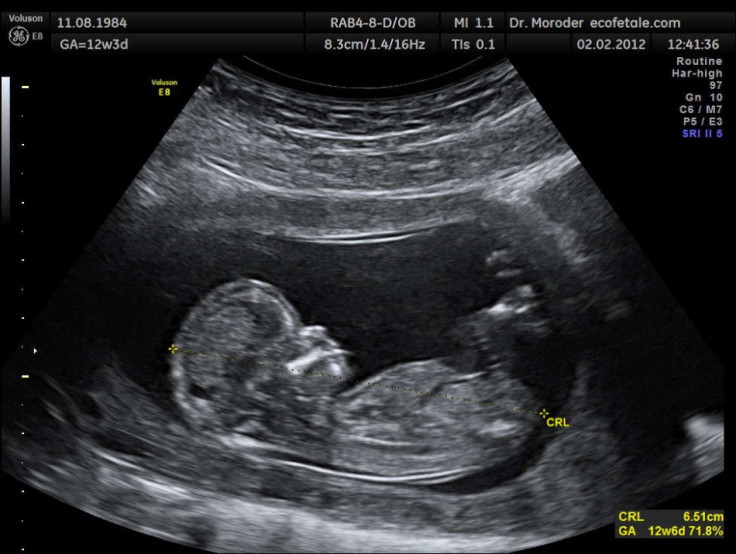Pregnant women's ringing mobiles startle their foetuses, study finds

The ringing of their mother's mobile phone startles foetuses and disrupts their sleep patterns, a new study has discovered.
"We wanted to see what these devices can do to the foetus," said researcher Boris Petrikovsky, a professor of obstetrics and gynaecology at Wyckoff Heights Medical Center in New York City. "What we figured out is that if you're a baby in utero and someone wakes you up every hour, you will not be a happy camper. The sound, and perhaps even vibrations, cause a lot of startle reflex, which disturbs the normal sleep cycle," he told CBS.
The study was launched to explore possible reasons for why resident physicians — who regularly use mobiles and beepers at work — seem to have more pregnancy complications.
"We can't say that this is definitely causing the higher pregnancy risk," said Petrikovsky. "But we can say for sure that cycles of normal foetal behaviour are definitely disturbed or interrupted by the frequent use of cellphones and beepers."

Researchers in the study used ultrasounds on 28 pregnant medical residents in their third trimester and observed how the foetuses reacted to the sounds of mobiles ringing and beepers beeping when attached to the mothers' hip close to the babies' heads. The foetuses exhibited the "startle reflex", including jerking, turning their heads and opening their mouths.
The sound clearly "wakes up and possibly scares the unborn baby", Petrilovsky told What to Expect. He speculates that an occasional ring isn't a problem but a regular disruption could affect foetal development. "Paediatricians always recommend to allow newborns to sleep for hours in a quiet place," he noted. "Similar recommendations probably apply to foetuses, who are known to spend some time in a sleep state."
He now recommends that pregnant women not carry the phones or beepers close to their foetuses. "They should put it in their chest pocket or bag. The further away it is from the baby, the less chance the baby will be affected," he said.
Petrikovsky is scheduled to present the finding this week at a meeting of the American Congress of Obstetricians and Gynaecologists in San Francisco. He plans next to explore the effect of other environmental sounds on foetuses and attempt to determine what distance or decibel level may be affecting babies in utero.
© Copyright IBTimes 2025. All rights reserved.






















